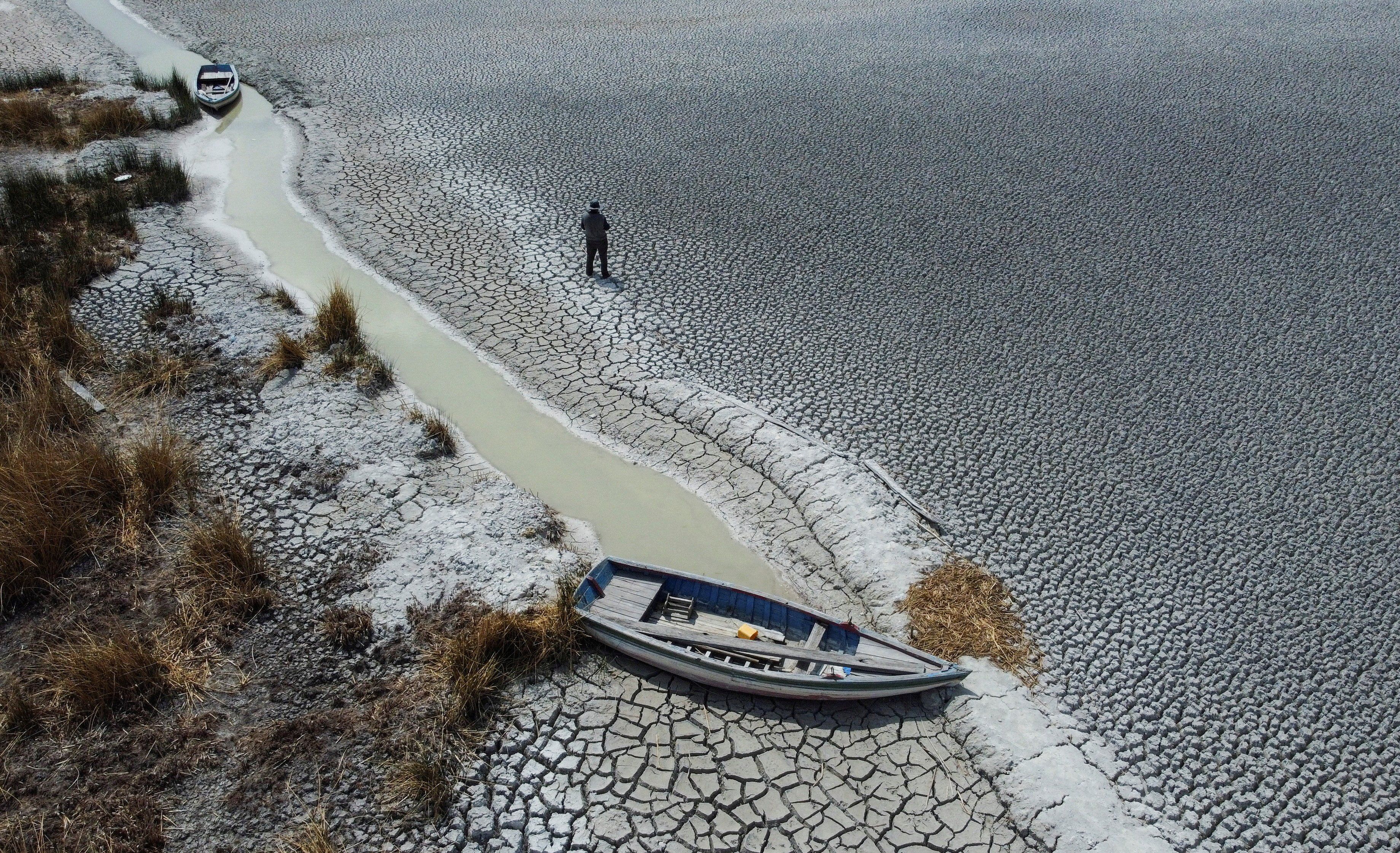1.48: 2023 smashed the ceiling for the hottest year on record (blame all-time high emissions of carbon dioxide and El Niño). Data from the Copernicus Climate Change Service, aka C3S, a European Union climate agency, shows that 2023 was warmer by 1.48 Celsius than the 1850-1900 pre-industrial era. C3S Deputy Director Samantha Burgess also warned that this month is on track to surpass the 1.5-degree threshold agreed in the 2015 Paris Agreement for the first time.
1,000: Ukraine’s power grid operator reported on Tuesday that over 1,000 towns and villages in nine regions lost electricity due to harsh winter conditions. The weather caused heavy damage to the network while demand rose amid freezing temps, and the capacity of the power plants had already been diminished by Russian attacks. Kyiv urged residents to conserve power and is importing electricity from Romania and Slovakia to meet demand.
3.83 million: China’s car exports rose 62% to a record of 3.83 million in 2023, according to the China Passenger Car Association. The sales generated approximately $102 billion, and China is expected to have surpassed Japan as the world’s largest auto exporter last year, thanks largely to a surge in Russian demand for gas-powered vehicles.
$23,000: Dogs can now run freely in South Korea … and not become dinner. South Korea’s parliament
passed a bill Tuesday banning the age-old practice of breeding and slaughtering dogs for consumption. Anyone who sells food processed with dog meat in their ingredient list will be subject to three years in prison or up to a $23,000 (about 30 million Korean won) fine.
